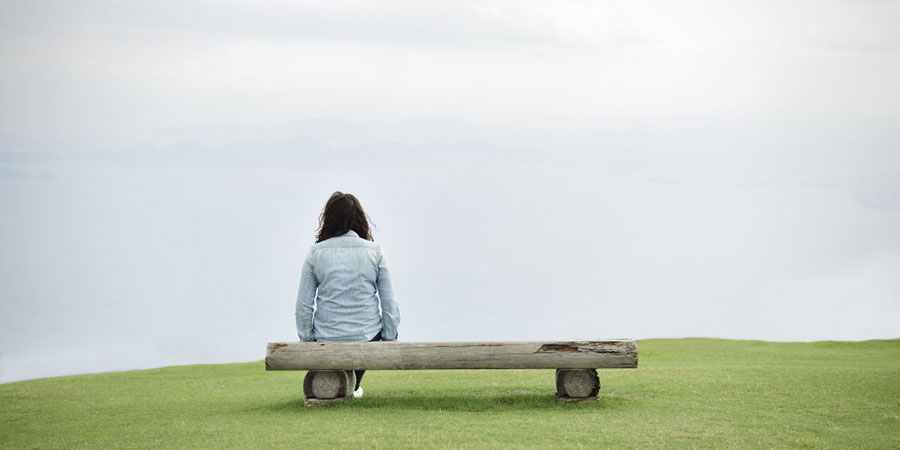Pittsburgh – A new study from the University of Pittsburgh found that people who use social media for more than two hours per day have twice the odds of experiencing feelings of social isolation and lack a sense of social belonging.
Researchers sampled 1,787 US adults between 19 and 32 years old, using questionnaires to determine frequency and time of social media use by asking about the 11 most popular social media platforms: Facebook, Youtube, Twitter, Instagram, Google Plus, Snapchat, Reddit, Tumblr, Pinterest, Vine and LinkedIn.

People who reported spending the most time on social media had twice the odds of perceived social isolation than those who said they spent a half hour per day or less on those sites.
Also, people who said they spent social media platforms most frequently, 58 visits per week or more, had more than three times the odds of perceived social isolation than those who visited fewer than nine times per week, according to this new study published in the American Journal of Preventive Medicine.
“It’s social media, so aren’t people going to be socially connected?” said Brian Primack, co-author of this study and director of the Center for Research on Media, Technology, and Health at the University of Pittsburgh. He said results was terribly surprising for all his team.
But, why do we feel lonely?
This study can’t nail down causation, but Primack said the results shouldn’t be interpreted to mean that we should ditch our social media accounts, but there’s a lot to dig into to see how to use them better.
An interpretation could be that when people feel socially isolated, they go online a lot in an attempt to feel less lonely, or might be that spending a lot of time on social media makes people feel isolated, said Primack to NPR.
Another interpretation backs the belief that the “fear of missing out” (FOMO) struggle is real. Seeing pictures of your friends hanging out at an event which you’ve not been invited to may encourage feelings of exclusion.
Also, being exposed to idealized representations of other people’s lives might make you feel envious and that your life is dull in comparison.
Holly Shakya, an assistant professor in the division of global public health at the University of California, San Diego, who hasn’t involved in the study said that replacing the real-world relationships with social media use is detrimental to people well-being.
She was an author of a study published in January about the Facebook use and well-being over time and found the use of this social network was negatively associated with factors including physical health, mental health, and life satisfaction.
So, even the research doesn’t show a solution for those feelings, it represents an important piece in the puzzle of the social media investigations, the next studies could focus on the causation of this isolation feeling.
Source: NPR
